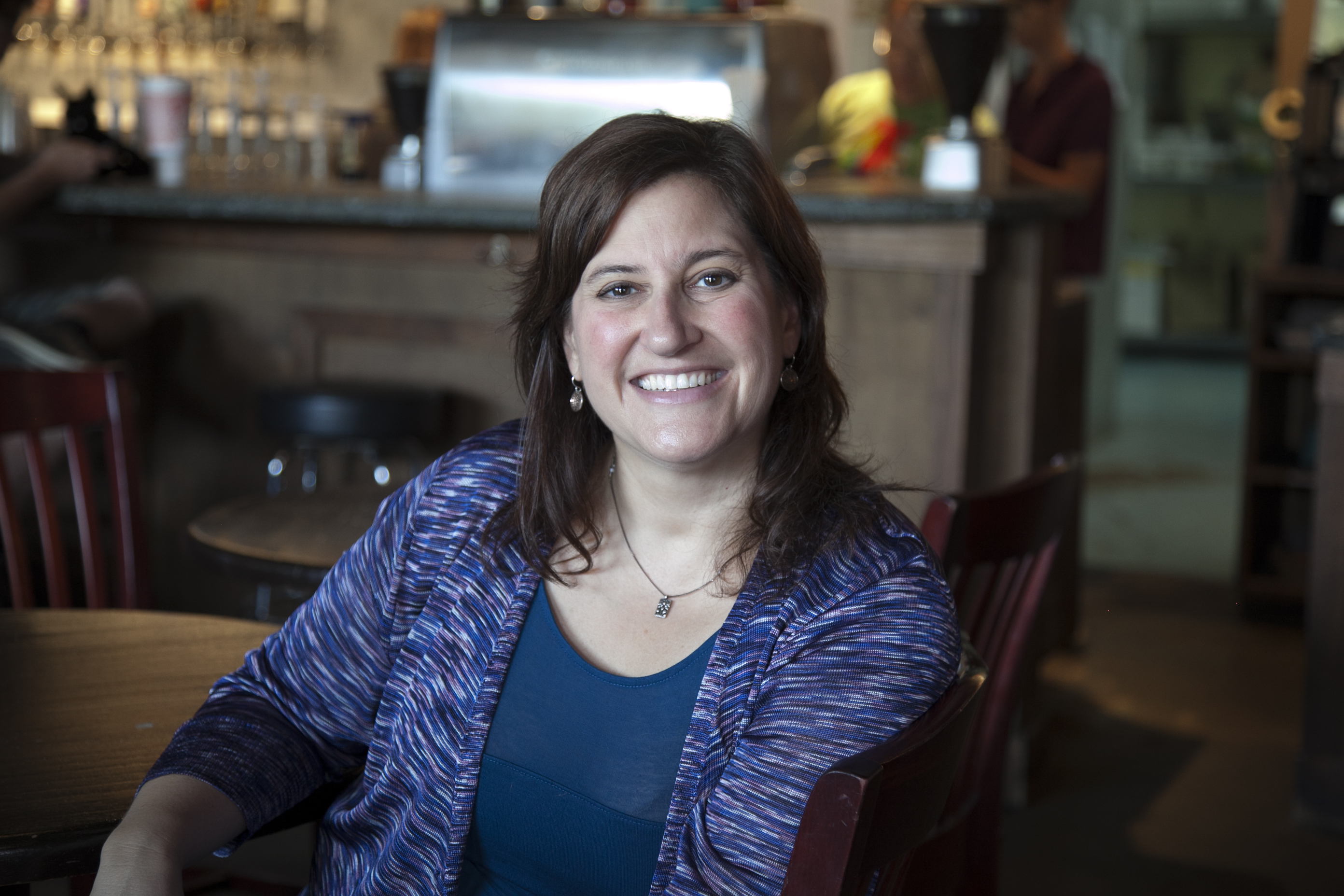About
Emily Hirsh is an associate professor in the Department of Emergency Medicine at Prisma Health–Upstateand a co-chair of the Team Member Wellbeing Committee at Prisma Health. Her work at this time largely focuses on physician wellbeing, sustainable practice, and burnout prevention. She is interested in evaluating how the health system can increase physical and emotional wellness and one’s sense of purpose and meaning in medicine, and how tasks can minimized or eliminated which decrease one’s sense of satisfaction with work and one’s ability to care for self well. She has multiple ongoing projects in conjunction with Clemson faculty: Email Burden Survey (with Tom Britt)Chronotype and Sleep Problems in Emergency Physicians (with Tom Britt)Creating a Fatigue Risk Management System in the Department of Emergency Medicine (with Tom Britt)Burnout and Wellbeing self-assessment survey app (with Marissa Shuffler)Communication workshop for ED Physicians (with Marissa Shuffler)Autonomy and Burnout (with Marissa Shuffler).
How their research is transforming health care
Research is clear that burnout is of epidemic proportions. Much of the efforts thus far have centered on individual resilience practices: meditation, relaxation, taking time off, etc. Now increasing research demonstrates that the source of burnout lies with the systems in which we work, and in order to mitigate or prevent burnout, we must rethink those very systems. All of Dr. Hirsh’s work is involved in rethinking the systems currently in use in health care, both locally and nationally. She is currently working on projects which reconsider how health systems schedule physicians (similar to work performed by the military, police, nuclear, trucking, and other 24/7 industries); how to create systems to mitigate the fatigue inherent in 24/7 operations; how to improve communication among clinicians and between providers and patients; and how to reduce the burden of email, both in volume and in spoken and unspoken expectations. She firmly believes that these projects all have the potential to radically transform how we work for the better, with significant improvements in the sense of burnout among clinicians.
Health research keywords
Burnout, Wellbeing, Chronotype, Sleep, Scheduling, Fatigue, Fatigue Risk Management, Emergency Physicians, Emergency Medicine

